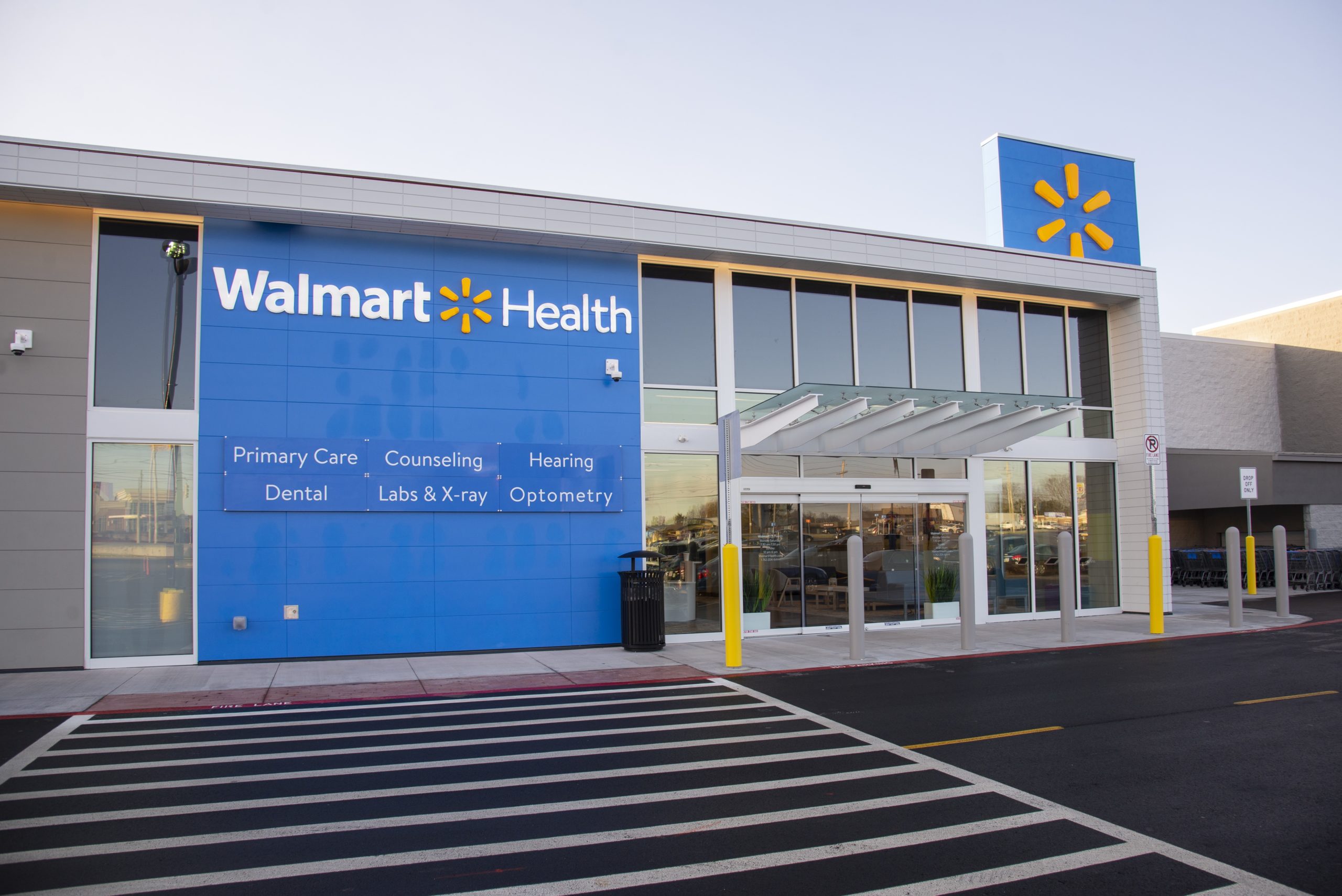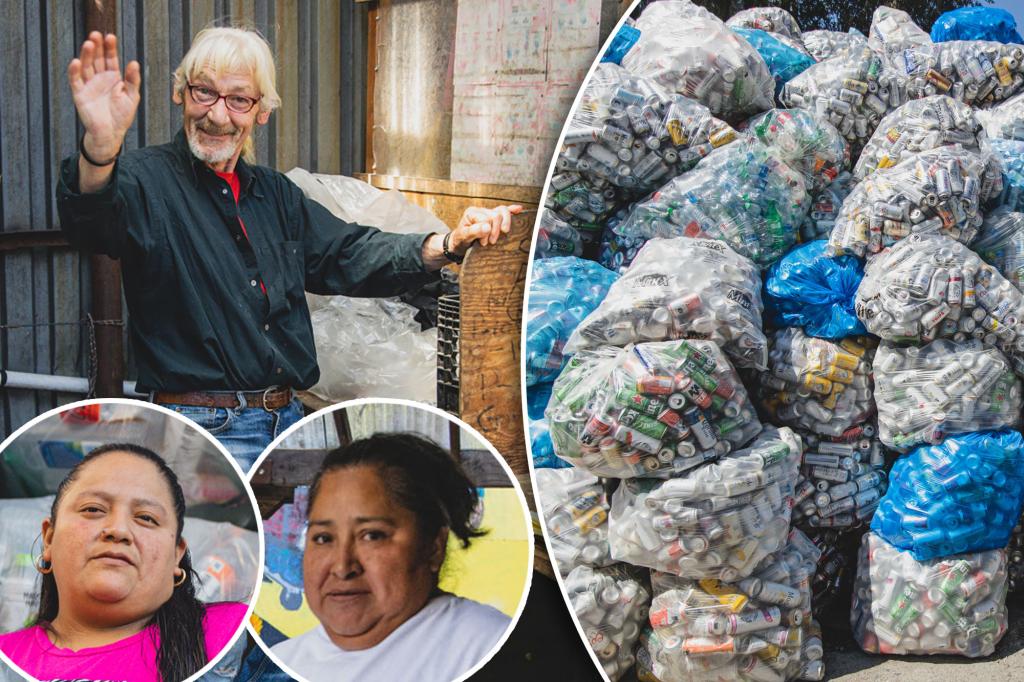I know this topic has been debated before, but I would genuinely appreciate some updated opinions coming into this application cycle. My main questions are:
1. RadOnc residency vs. IM + HemeOnc fellowship: residency work hours, lifestyle, balance
2. RadOnc vs. MedOnc attending life: work/life balance, compensation, etc.
I'm deciding between the two and wondering how the residency/fellowship processes are like for the two (RO vs. IM). I get the sense that the RO residency is generally less intense than the IM route + fellowship, with more outpatient work and not being on call. After residency, it also feels like work/life balance and compensation are still superior in RO, albeit with problems in the job market.
As someone who is interested in treating cancer patients but less enthused about the prospect of inpatient medicine, is RO still a viable alternative?
I also saw this post from 2018: FUTURE RESIDENT, DO NOT BECOME A RADIATION ONCOLOGIST!!! - assuming one is lucky enough to match into a top 5-10 program, is the job market less of a problem?
1. RadOnc residency vs. IM + HemeOnc fellowship: residency work hours, lifestyle, balance
2. RadOnc vs. MedOnc attending life: work/life balance, compensation, etc.
I'm deciding between the two and wondering how the residency/fellowship processes are like for the two (RO vs. IM). I get the sense that the RO residency is generally less intense than the IM route + fellowship, with more outpatient work and not being on call. After residency, it also feels like work/life balance and compensation are still superior in RO, albeit with problems in the job market.
As someone who is interested in treating cancer patients but less enthused about the prospect of inpatient medicine, is RO still a viable alternative?
I also saw this post from 2018: FUTURE RESIDENT, DO NOT BECOME A RADIATION ONCOLOGIST!!! - assuming one is lucky enough to match into a top 5-10 program, is the job market less of a problem?




